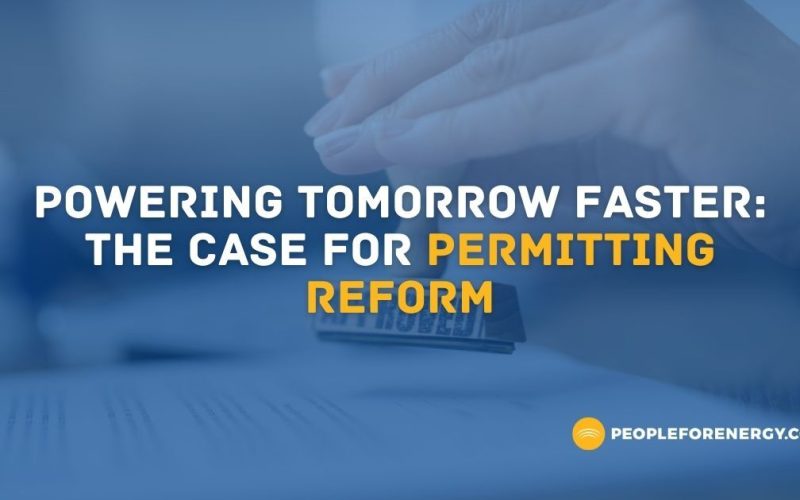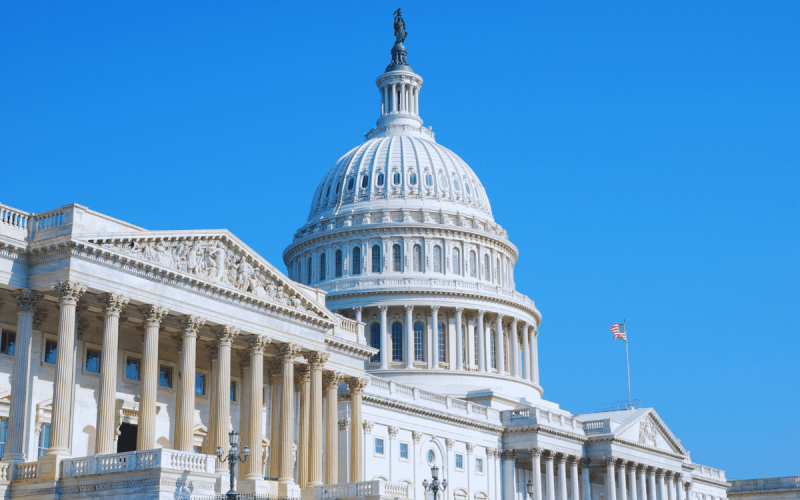THE VOICE FOR THE ENERGY CONSUMER

Arizona, Utah, Wyoming are securing AI data centers with reliable natural gas power Natural gas heats nearly 7 in 10 Colorado homes, contributes hundreds of millions annually to schools .

Imagine waiting nearly a decade just to get approval to fix a road, build a power line, or expand a factory that your community depends on. For too many families.

Recent headlines about potential Japanese investment in Alaska’s LNG development have sparked important conversations about America’s energy future, but the cautious responses from Japan reveal something equally significant: that market.

Momentum is building behind a bipartisan bill to overhaul the nation’s permitting process after the U.S. House Natural Resources Committee held a Sept. 10 hearing on the legislation. The Standardizing.

Congressman Nick Langworthy is in the Southern Tier today to promote the Energy Choice Act, which would stop states like New York from banning energy sources like natural gas from.

Labor Day is the last big summer weekend for family cookouts, travel, and time outdoors. It’s also a weekend when America’s energy use surges — air conditioners work harder, kitchens.

The Mackinac Center appreciates the opportunity to provide comments supporting the approval of the Line 5 Tunnel Project Proposal (Department of Environment, Great Lakes, and Energy application number HQ3-8BYB-N9DT1). The.

HOUSTON – Consumer Energy Alliance (CEA), the leading energy and environmental advocate for families and businesses, today congratulated former four-term New Hampshire Gov. Chris Sununu on his appointment as President.

WASHINGTON – Consumer Energy Alliance (CEA), the leading energy and environmental advocate for families and businesses, today applauded the Trump Administration and Interior Secretary Doug Burgum for publishing a non-discretionary.

BOEM schedules at least 30 non-discretionary lease sales through 2040 First Gulf of America sale slated for Dec. 10, 2025 WASHINGTON – Consumer Energy Alliance (CEA), the leading energy and.